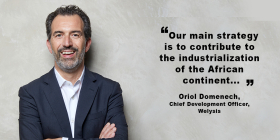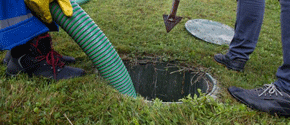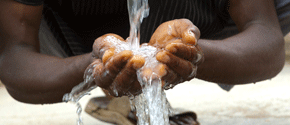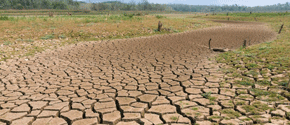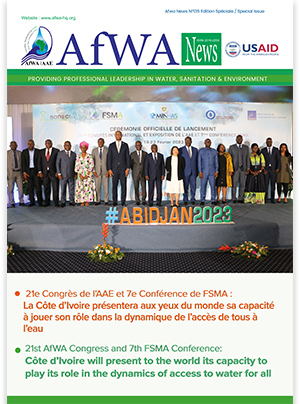People blush when women start to talk about shit and poop in public. I’ve been asked a few times; why do you have to talk about toilets in get-togethers or in the public. We talk about it because of the 4.2 billion people living without access to safely managed sanitation. Most African households living in low income communities, slums and rural areas still do not have toilets in their homes and are required to share toilets with other households They depend on public toilets where you can distinctly catch the smell of faeces, or defecate openly. The right to clean and safe sanitation is, at the heart, the right of every individual to better health and human dignity. It is also fundamental to a healthier, safer society as it allow people to dispose of their waste appropriately. While substantial progress has been made in developing innovative toilet systems in African cities and towns, a lot more still needs to be done as 4 in 10 people still do not have access to a toilet. Research shows that a quarter of school girls drop out of school permanently because of simple lack of toilet. It is crucial to remove all forms of disparities preventing people living in disadvantaged areas and women and girls and guarantee access to safely managed sanitation. This year’s theme reminds us of the importance of building sustainable toilets in our homes, schools, health centres, markets and everywhere whilst drawing attention to the dangers of ill-maintained sanitation systems. We should not forget that climate change is accelerating which also poses an urgent threat on toilets to septic tanks to treatment plants. It is worthy to note that one household’s lack of toilet can have a negative impact on the health not just of the people in that dwelling, but also on others living nearby. This means that we all have a joint responsibility to build sustainable, safe, accessible, affordable and culturally acceptable toilets. Not only for our own sake, but also for the sake of those around us. Everyone should have access to safe and clean toilets, alongside clean water and handwashing facilities to help stop the spread of deadly infectious diseases such as diarrhea, cholera, typhoid and COVID-19. As we celebrate World Toilet Day 2020, I wish to encourage all actors to continue to educate the public on sanitation and climate change issues, mobilise political will and resources to build more toilets, and to not forget to celebrate our achievements. Happy Toilet Day. Faustina BOACHIE, President of WIWASH-Ghana (women in water, sanitation and Hygiene, Ghana)

 English
English  Français
Français 


